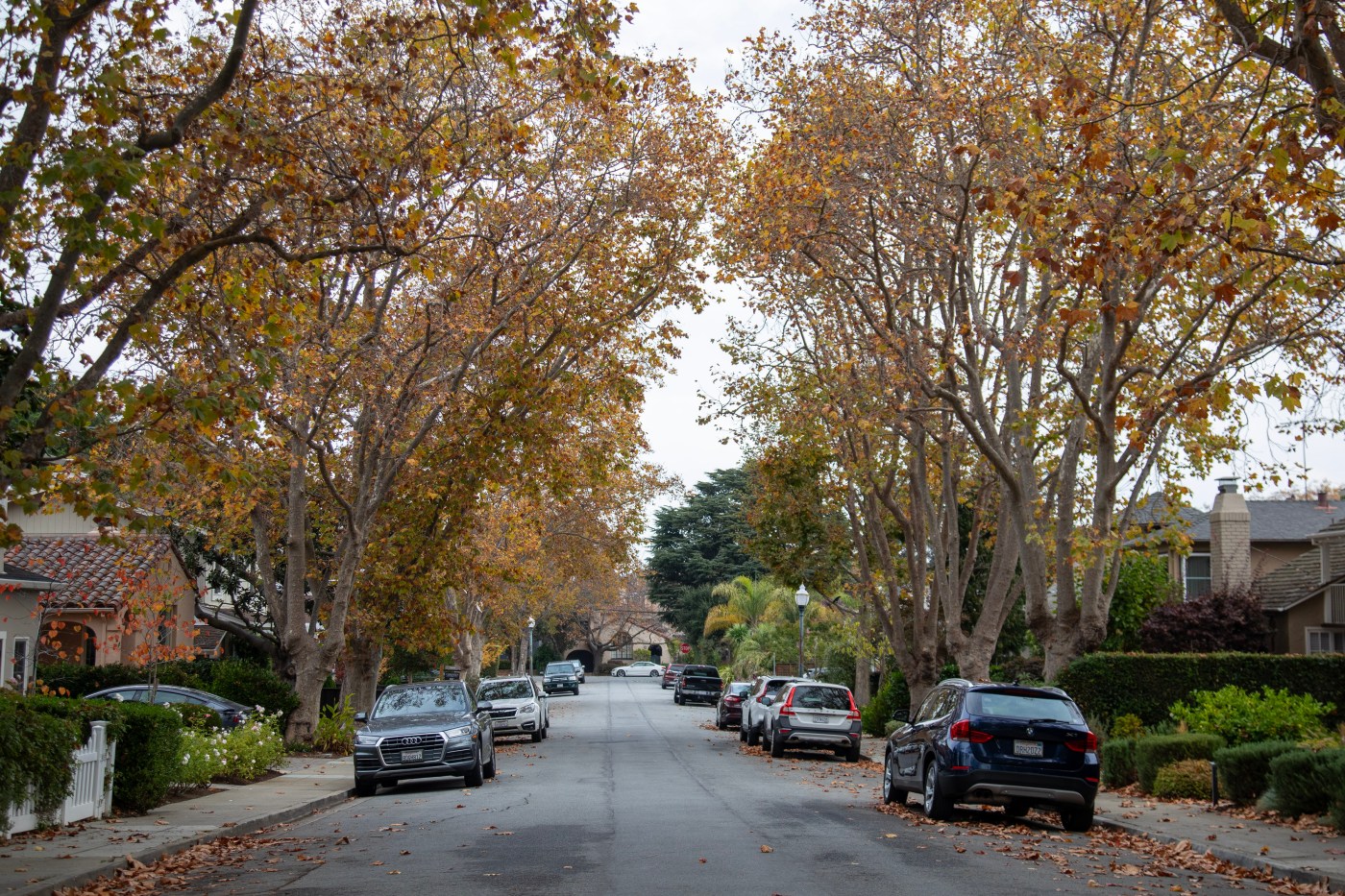To demonstrate it is serious about building new housing, the city of San Mateo must show state regulators a list of places where new development could be built in the next eight years.
The city’s list includes several sites along El Camino Real, as well as the popular Bridgepointe Shopping Center.
But there’s no way that housing could realistically be built on these sites anytime soon, housing advocates allege in a lawsuit filed Tuesday.
The Housing Action Coalition, a pro-housing advocacy group, claims that in its housing element — a state-mandated plan all cities must produce to show where they’ll accommodate new residential growth — San Mateo overestimated how much housing it could reasonably produce with its existing zoning.
As such, the city claims in its housing plan that it does not not need to make further changes to its zoning map that would make it easier to build housing around the city.
“We hoped that San Mateo would work in good faith to get their housing element to a place where it could actually plan for the housing the city desperately needs,” said Ali Sapirman, the Peninsula and South Bay Organizer of Housing Action Coalition. “Unfortunately, the city chose to pass a housing element that will do no such thing, and claims that the status quo is good enough.”
Mayor Liza Diaz Nash, contacted Tuesday, said that she was not aware of the lawsuit, but that the “city attorney will take a look at it and will respond accordingly.”
The state’s housing department has set a goal for San Mateo to build 7,015 houses between January 2023 and January 2031, with a quarter of those units priced affordably for low-income households.
In its lawsuit, the Housing Action Coalition alleged that housing could not be built on several sites San Mateo included in its site inventory:
— Bridgepointe Shopping Center: The city says that 8.5 acres of the 12-acre parking lot could be used to accommodate an estimated 383 units in the next eight years. But the owners have agreements with several restaurants and retail stores to use that parking lot — many with longterm leases that run past 2031. The site is also governed by a 1997 contract that prevents construction of residential housing there through 2056.
— Borel Square Shopping Center, 1750 El Camino Real: The city says that 213 units could be built on this site before 2031. But tenants of the shopping center, including the CVS and the 24 Hour Fitness, have long-term leases that will not expire until long after January 2031.
— The Atrium, 1900 S. Norfolk St.: The city says that 368 units could go in at this three-story office tower and its adjacent parking lot. But the owner has signed new longterm leases with the tenants expiring as late as 2035, which would prevent it from being developed.
“Cities should not claim that sites are available for housing unless they actually have the required evidence to back it up,” said Tom Mayhew of Farella Braun + Martel, the attorney for the Housing Action Coalition.
During a City Council meeting on Monday, city staff pushed back, though, saying that strong demand for housing and high land values for residential development indicate that redevelopment is likely.
In previous eight-year housing element cycles, these site inventories were mostly considered a bureaucratic exercise, with little accountability for whether the properties listed would be truly viable options for new development.
It’s only recently that outside groups and nonprofits have been paying attention to the process, seeking to hold cities to their word in the midst of a statewide housing shortage that has made California one of the most unaffordable housing markets in the country. Several cities, including Cupertino, Palo Alto and Daly City, have been sued by housing advocates for noncompliance with housing element law.
Related Articles
Former East Bay football star Rashada sues Florida coach, others over failed $14 million NIL deal
Tesla must face false advertising claims it misled buyers about autopilot and self-driving capabilities
Ex-Sheriff Villanueva seeking $25 million from LA County for placement on ‘do not rehire’ list
Cruise pays more than $8 million to SF pedestrian run over and dragged by its robotaxi
California gym teacher who said she was fired for Christian beliefs will get $360,000
This lawsuit, which was filed in San Mateo County, is the first in the Bay Area to challenge a housing element that has already been found to be in substantial compliance with state law.
If the Housing Action Coalition wins, it could set a much higher bar for cities to demonstrate which sites are reasonable candidates for future housing, by making them provide substantial evidence housing could be built there, as housing law outlines.
Already, cities have expressed their frustration with the law, arguing that the housing element process is convoluted and leaves them vulnerable to unfair penalties when they fail to get the state’s sign-off. In response to cities’ complaints, state legislators recently approved an audit to look into how the state Department of Housing and Community Development reviews housing elements.












